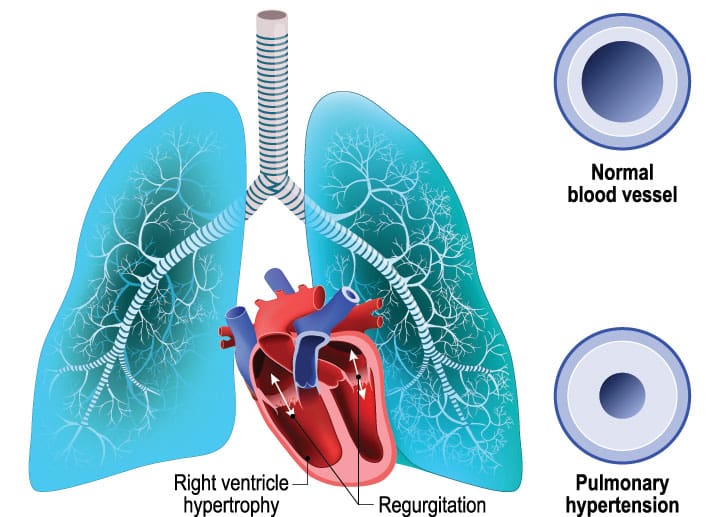Nursing academics vs.
practicing nurses?
My blood boiled when I read ANA President Patton’s column “Is diagnosis of pressure ulcers within an RN’s scope of practice?”(January 2010). It describes
a case of high-level nursing academics questioning something practicing nurses
do every day.
When I entered a BS program in 1963, I learned that while “old-fashioned” nurses were urged to document “wound appeared to be red” or “red liquid seeping from wound,” baccalaureate-educated nurses were expected to state what they observed based on their heavy science background. The introduction of nursing diagnoses made that much easier. Over the years, I have been gratified,
for the most part, to see nursing diagnoses drive our care, and I’ve kept up-to-date in my own practice as well as in my teaching of novice nurses.
Since I entered nursing, we have developed a cadre of better-educated nurses, but seem to have gone backwards in our approach to nursing issues. Nurses with
advanced education who are no longer in touch with the realities of nursing practice have contributed to the lateral workplace abuse so endemic to nursing, through their nitpicking and condescension toward practicing nurses. Their obvious disconnect from practice realities causes many bedside nurses to disdain their contributions to nursing practice even when these lead to better care. So nursing continues to shoot itself in the foot—largely, I believe, because it uses an academic model for nursing education rather than one similar to that used in medical education, where actively practicing physicians conduct clinical teaching.
Leslie M. Durr, PhD, RN, PMHCNS-BC
Charlottesville, Virginia
Don’t overlook the role of informatics nurses
“Nurse leaders discuss the nurse’s role in driving technology decisions” (January 2010) was timely and informative. But I was surprised the article didn’t discuss the important role informatics nurses play in information technology (IT)
system design and implementation. Nursing informatics was recognized as a specialty by the ANA in 1992. It continues to evolve,and the value of informatics nurses continues to be further demonstrated. More than 9,000 informatics nurses
are in practice today. A recent survey of healthcare IT leaders found that informatics nurses who are involved in system analysis, design, selection, implementation,and optimization have the greatest impact on patient safety, workflow, and user/clinician acceptance. Informatics nurses work in partnership with chief nursing officers to ensure that informatics competencies are applied
successfully to the increasingly complex IT systems used by healthcare organizations. I urge you to raise the visibility of this key role in future issues.
Joyce Sensmeier, MS, RN-BC, CPHIMS, FHIMSS
Chicago, Illinois
Dr.Cipriano’s response: This article acknowledged the complex nature of systems and the need for staff to become successful end-users. While it focused on ensuring frontline staff and CNO collaboration and influence, the nurse executives who were interviewed expressed underlying support for informatics nurses and the value they bring to the selection, implementation, and ongoing
enhancement of information systems. Clearly, these executives look to informatics professionals for guidance, technical expertise, and help in achieving their organizations’ long-term IT vision.
Reforming chemical
policy
Regarding “Building the case for chemical policy reform”(February 2010 online
edition; myamericannurse.com/Article.aspx?id=6270&fid=6182), I would like to add a cautionary note: Chemical policy reform involves social, economic,
and commercial entities that will examine nursing’s contributions,both positive and negative. Therefore, we must work actively toward reform within our own field to demonstrate nursing’s commitment and responsibility.
Janet Reeves, RN
Youngstown, Ohio

















